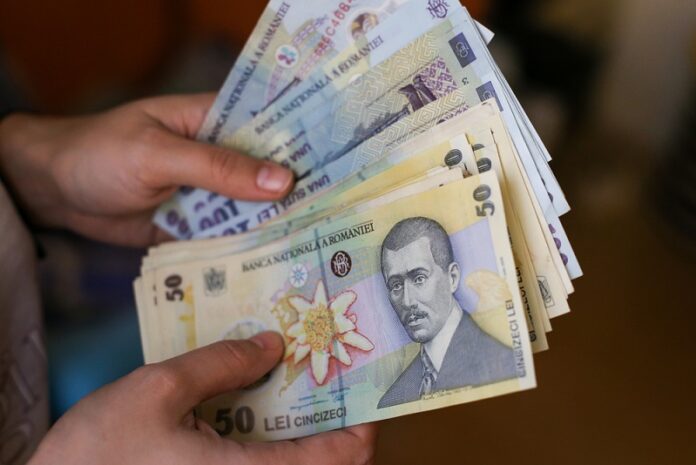Romania’s decision to limit cash payment for individuals and businesses, which will come into effect on Saturday, has sparked controversy from within the governing coalition, with leaders criticising their fiscal measures, according to Euractiv.
The new rules impose daily cash payment limits of 10,000 lei (€2,000) and 5,000 lei (€1,000) for individuals and merchants. Cash&carry store receipts are capped at 2,000 lei (€400) per person per transaction.
On Monday, National Liberal Party President Nicolae Ciucă said he opposed the measure. “The government coalition took this decision to reduce tax evasion. However, the ordinary citizen, affected by this measure, doesn’t contribute to this evasion,” he added.
Prime Minister Marcel Ciolacu also distanced himself from the measure, saying the proposal came from fiscal experts’ recommendations.
“We have the biggest tax evasion in Europe. We talk about it, but we don’t do anything”, he explained the decision of the coalition leadership to accept the proposal unanimously.
On Monday, Ciolacu met with the banks’ representatives, and he plans to have talks with small and medium-sized businesses to discuss a possible review of the decision.
“We do not give up cash payments, but we do not want to cause problems for small entrepreneurs,” he said.
Economists’ opinions on the measure are divided.
The economic analyst Dragoș Cabat told RFI that this limitation is a method to fight tax evasion. “Cash payments are payments that can hide black money, and this is how money laundering is done”.
Gabriel Biriș, former state secretary in the Finance Ministry, agrees with the measure. “Cash payments are drastically reduced in an attempt to reduce evasion”.
Romania has the largest VAT collection deficit in the EU, four times higher than the EU average, but limiting cash payment is not a common practice in neighbouring countries with lower evasion rates, argues economist Bogdan Glăvan.


